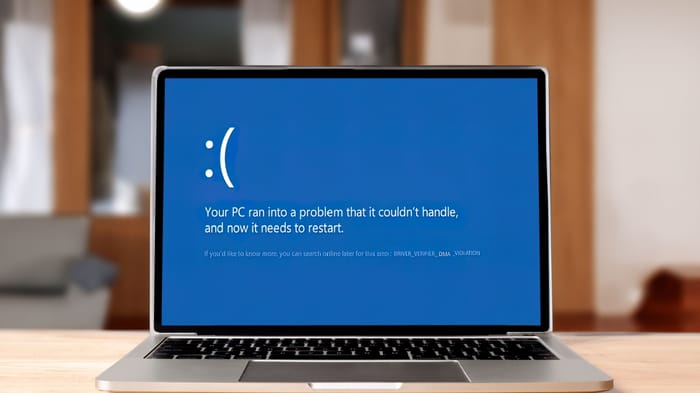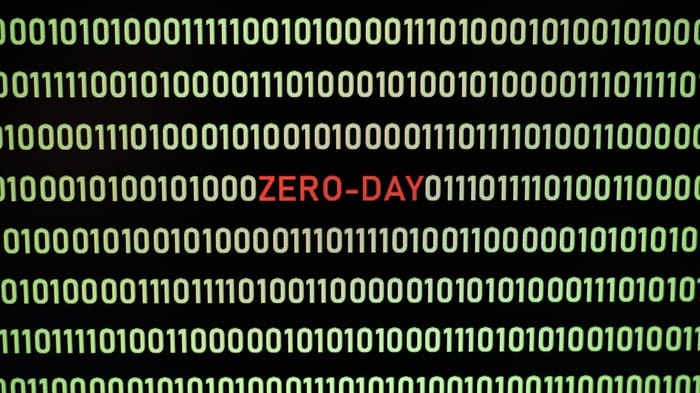Auditors Find DoD Hasn't Defined Cyber Warfare
Defense Department says it does not plan to provide doctrine for hybrid warfare -- which includes cyber attacks -- because of the diversity of the category.
September 14, 2010

Slideshow: Next Generation Defense Technologies |
|---|
The Department of Defense (DoD) does not have clear principles for defending against cyber attacks because it has not defined the type of warfare they constitute, according to the government's watchdog agency.
Senior military officials have repeatedly testified before Congress that the United States is likely to have adversaries practicing "hybrid warfare" tactics, which will include attacks on computer networks and other forms of technology, more commonly known as cyber attacks or cyber warfare.
However, the DoD has not clearly defined what it means by hybrid warfare and "has no plans to do so because DoD does not consider it a new form of warfare," according to a recent report by the General Accountability Office (GAO).
The audit, conducted between January and September 2010, found that from 2008 to 2010, senior military officials used "hybrid warfare" to characterize methods of war used by U.S. adversaries in Iraq and Afghanistan.
The term is used to describe not just cyber attacks, but also attacks by biological, nuclear, radiological, and chemical weapons; improvised explosive devices; and information and media manipulation, among other forms of attacks.
Because of the diversity and range of attacks included in its reference to hybrid attacks, however, the DoD said that to define the meaning of the term "risks omitting key and unforeseen elements."
The military plans to use the term merely to describe the "increasing complexity of conflict that will require a highly adaptable and resilient response from U.S. forces, and not to articulate a new form of warfare," according to the GAO.
Even if the DoD has not clearly defined the category of warfare it puts cyber attacks in, the U.S. military is preparing to defend critical infrastructure against these attacks.
The Pentagon has recognized cyberspace as a new domain in warfare, and three out of the five branches of the U.S. military -- Navy, Air Force, and Marines -- have set up command centers specifically to defend against cyber attacks. The Army's cyber command is expected to be operational in the next several weeks.
The military branch's specific cyber commands will coordinate efforts and report to the U.S. Cyber Command, led by National Security Agency director Gen. Keith Alexander.
The United States set up the cyber command last year to coordinate computer network defenses and to direct U.S. cyber-attack operations after repeated attacks on DoD networks.
Speaking recently at the Gov 2.0 Summit, produced by O'Reilly Media and UBM TechWeb in Washington, Alexander said that there are 250,000 probes trying to find their way into DoD networks every hour, and cyber attacks on federal agencies have increased 150% since 2008.
About the Author
You May Also Like
Applying the Principle of Least Privilege to the Cloud
Nov 18, 2024The Right Way to Use Artificial Intelligence and Machine Learning in Incident Response
Nov 20, 2024Safeguarding GitHub Data to Fuel Web Innovation
Nov 21, 2024The Unreasonable Effectiveness of Inside Out Attack Surface Management
Dec 4, 2024




